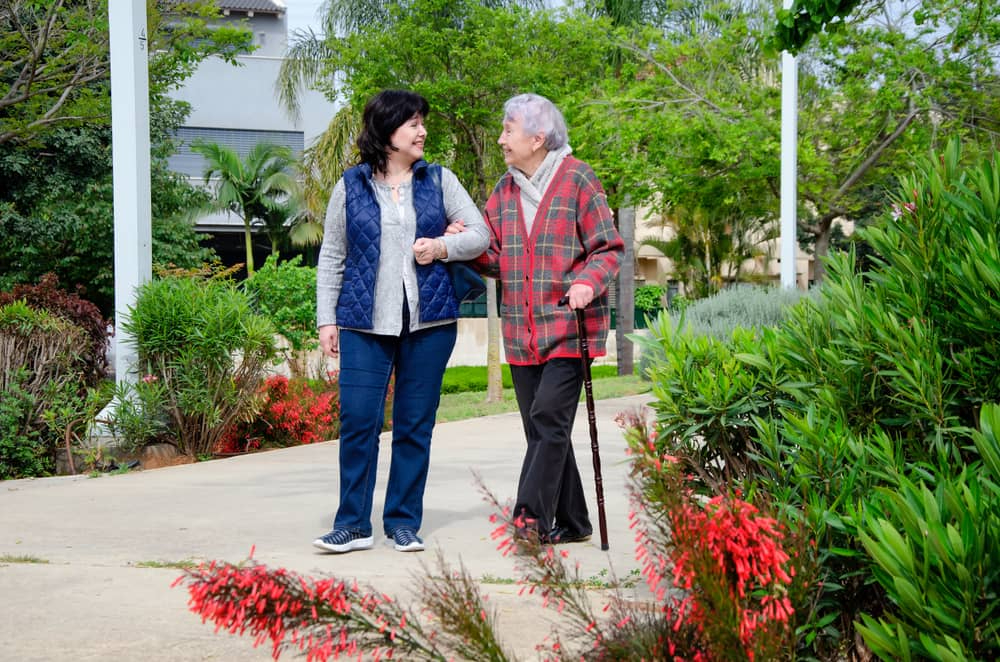
by Rebecca Brunner | Caregiver's Resource
As our parents age, overseeing their complicated and evolving medical needs often falls onto their adult children. Even parents who were once very independent and managed their own healthcare can begin to struggle as conditions like diabetes, cancer, Alzheimer’s... 
by Rebecca Brunner | Better Senior Care Blog, Caregiver's Resource
Hospital readmissions can be distressing, especially for seniors. They often signal a lack of comprehensive care and support, leading to a vicious cycle of health setbacks. Nearly 1 in 5 Medicare patients are readmitted to the hospital within 30 days of discharge,... 
by Rebecca Brunner | Better Senior Care Blog, Caregiver's Resource
There is a vital role of advocating for those who live in senior communities. In long-term care settings such as nursing homes, assisted living facilities, and independent living communities, the presence of Care Managers and families as advocates and professional... 
by Rebecca Brunner | Better Senior Care Blog, Caregiver's Resource, Complete Care Strategies
Greetings, fellow adventurers! No matter our age, there’s a world of beauty and wonder awaiting us. As we journey through life, it’s only natural to desire exploration, new experiences, and the joy of travel. In this blog post, we’ll delve into the... 
by Beverly Bernstein Joie | Better Senior Care Blog, Caregiver's Resource
We are pleased that the Office for Civil Rights at the U.S. Department of Health & Human Services has made clear that federal law requires facilities such as hospitals and state agencies to modify their policies so that people with special needs, including seniors... 
by Complete Care Strategies | Caregiver's Resource
Being a caregiver is a ride on a slippery slope. For those of us placed in that role, the emotional toll can be extraordinary. Often, we do not realize how badly we feel unless we stop for a moment and assess exactly what our body and mind is telling us. Sometimes...







